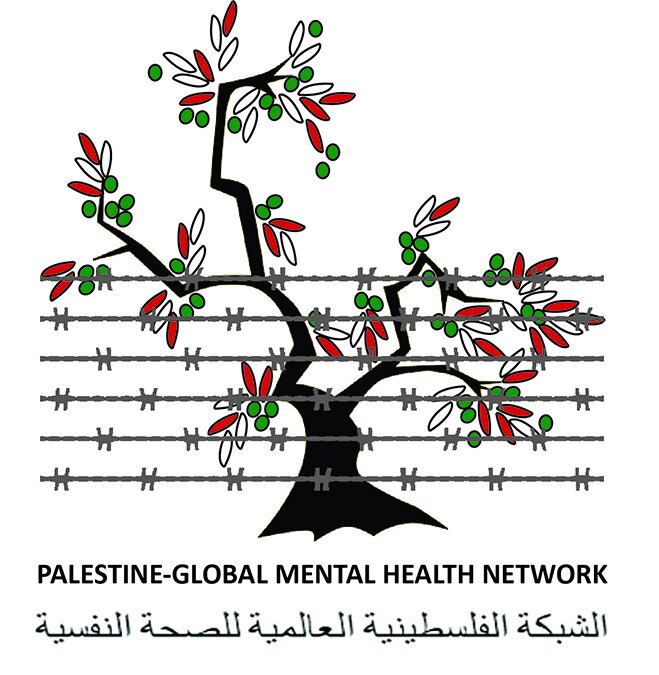(Article published in Mondoweiss on June 24, 2019)
Palestinians suffer daily under an occupation that leaves them little room to breathe: checkpoints that make basic living nearly impossible; nightly unanticipated raids by the Israeli Defense Forces (IDF); children no older than 11 or 12 snatched in the middle of the night, jailed, and beaten into submission; and teargas that is used with abandon, even when there is no civil unrest to control. As a result, the population is left struggling to maintain hope in a life that is miserable at best: depression, suicidality, anxiety, and traumatized living are experienced by a large percentage of the population. Young men who end up seeking mental health services often report such despair and hopelessness that they contemplate creating a confrontation with the IDF; perhaps they’d be shot and killed and thus end this sheer hell of a life.
On the international front, Palestinians are repeatedly made to feel as if they do not exist. At times, even seemingly well-meaning individuals from various parts of the world, who understand the predicament of the Palestinians and want to support them, are unable to grasp the hurt and humiliation one feels when time and time again she is told, directly or indirectly: “we see you are suffering, but need to be selective when choosing to speak or act on your behalf.” A case in point is the upcoming meeting of the International Association for Relational Psychoanalysis and Psychotherapy (IARPP) held in Tel Aviv between June 20 and 23. While some participants, including Israeli prominent professionals, have been mobilizing to support the Palestinians’ call to hold the meeting elsewhere in a nearby location easily accessible for both sides, more have not.
Right to left, Dr. Eyad Othman, Rana Nashashibi, Dr. Mustafa Qasqassi, Dr. Samah Jabr, Manal Abu Haq, Yoad Ghandari, Fathi Flaifel. (Photo: courtesy of the author)
Unfortunately, many participants who also voice support for and understanding of the Palestinians’ cause, do not see the contradiction between such a sentiment and the fact that they are supporting a meeting which Palestinian mental health professionals cannot attend, due to restriction of movement. Nor do they see that supporting such a meeting compromises the Palestinian civil society’s non-violent struggle for liberation through the Boycott, Divestment, and Sanctions movement. In fact, in a petition launched last year by the USA-Palestine Mental Health Network with the support of the UK-Palestine Mental Health Network and Jewish Voice for Peace, more than 1500 mental health professionals from all over the world urged IARPP to hold the meeting elsewhere, but their calls went unanswered.
On June 9, in a move to fortify their professional stance, to support their people’s emotional wellbeing and mental health, and to reclaim their power and self-determination, Palestinian mental health professionals met to launch the Palestine-Global Mental Health Network. This monumental event was organized in cooperation with the Palestinian Social and Psychological Syndicate, the Arab Psychological Association, and the Palestinian Red Crescent (al-Hilal) and held at the latter’s headquarters in al-Bireh.
The atmosphere was filled with enthusiasm and hope. More than 130 Palestinian mental health professionals from Nazareth, Haifa, Ramleh, Nablus, Hebron, Ramallah, Gaza, and Jerusalem were in attendance. Also in attendance were Palestinian professionals from the United States and the United Kingdom who participated through video-conferencing.
The Palestine-Global Mental Health Network is to become an entity that adopts professional and ethical stances uniting the people of Palestine, regardless of their geographical location. The Network aims to promote the ideals of mental wellbeing, liberation, dignity, and social justice for peoples and societies in general and for Palestinians in particular. By articulating a professional discourse of personal freedom and respect for human rights, it also aims to increase public awareness of psycho-social issues which affect and hinder colonized people’s aspirations for a dignified living. The Network hopes to employ theoretical and pragmatic approaches to promote the understanding of fundamental human needs for liberation, and thus contribute to Palestinian resilience in the face of and resistance to the violence inherent in colonialism.
Furthermore, the Palestine-Global Mental Health Network will enhance and strengthen the work of mental health solidarity networks in the United Kingdom, the United States, and Belgium, which were formed with the same goals in mind. In addition, it is the goal of the Network to encourage and facilitate the establishment of similar entities worldwide.
The launching event was opened with speeches that emphasized the need for such a network. Following an opening plenary, the participants were divided into groups that addressed specific topics. The proceedings of the group discussions were conveyed in a closing session, where it was decided to establish a task force that will develop a paper conceptualizing the network’s framework and strategies including its administrative structures. In addition, a committee was established to carry out, as promptly as possible, projects and initiatives agreed upon during the conference.
The meeting was particularly heartwarming and moving that through technological means, barriers, checkpoints, borders and walls were overcome and conquered allowing Palestinians from all over the globe to gather and unite. It is the aspiration of the Palestine-Global Mental Health Network that such endeavors will continue to unite the Palestinian people in spirit, goals, and common purpose for the benefit of all.
Written by Samah Jabr and Lama Khouri
